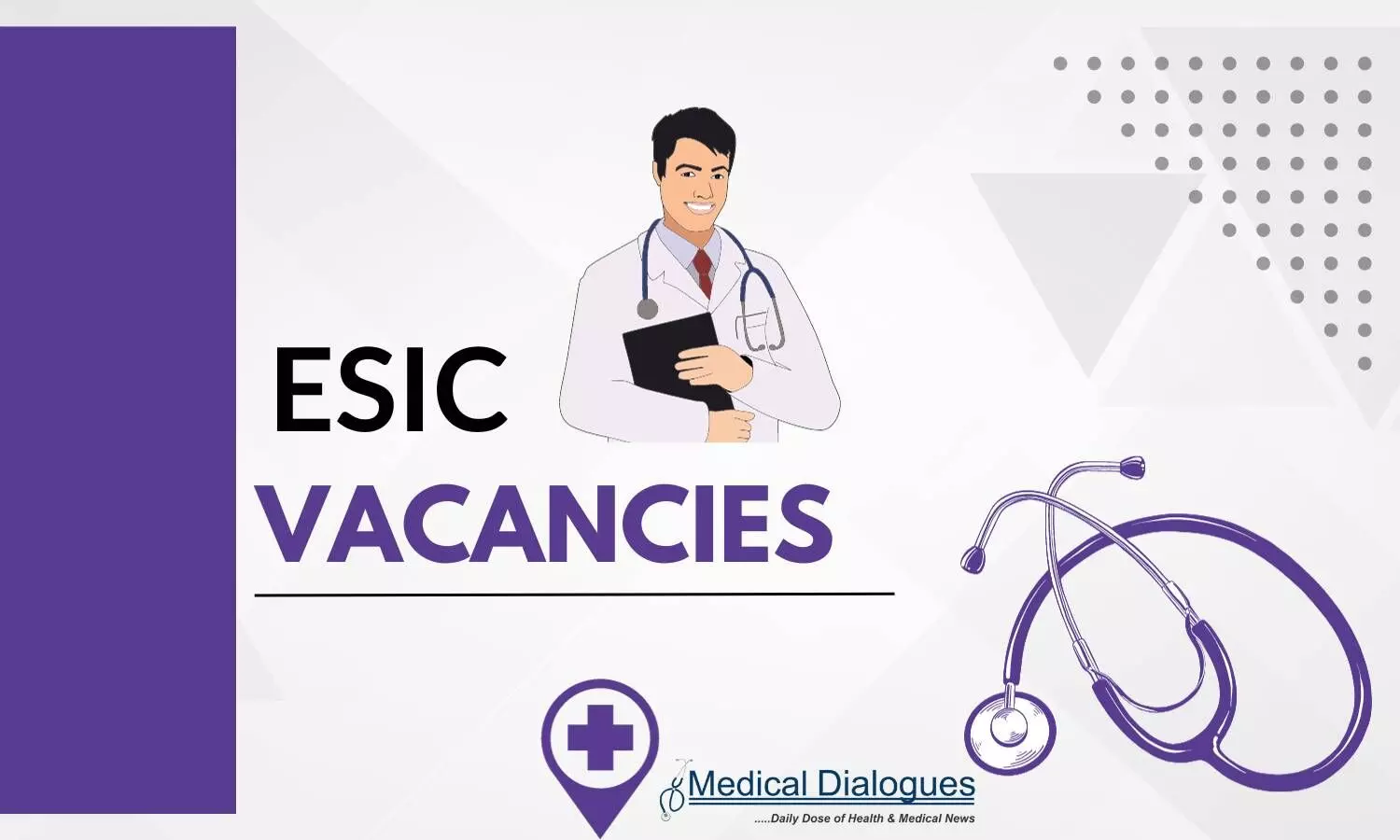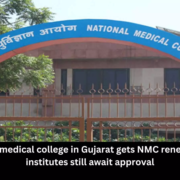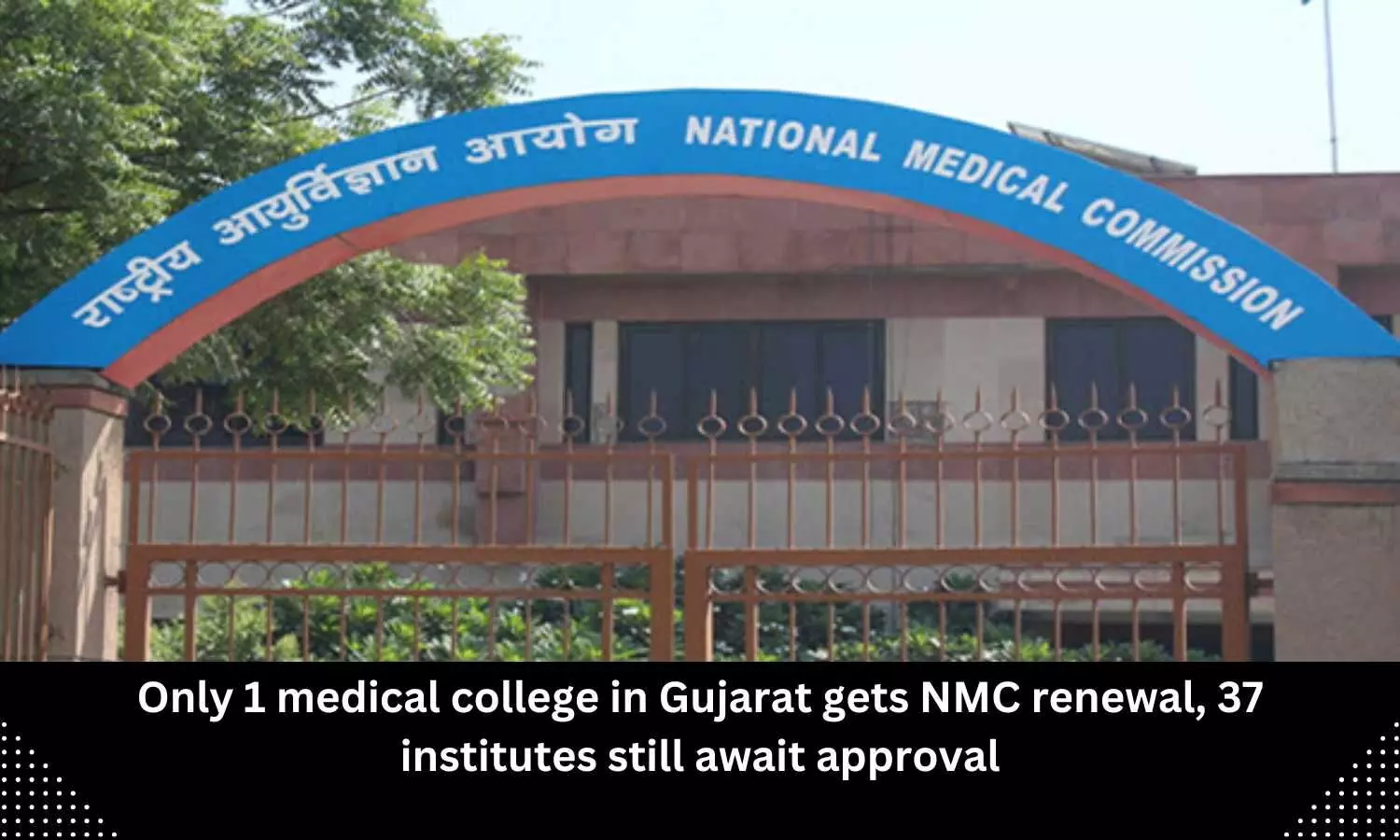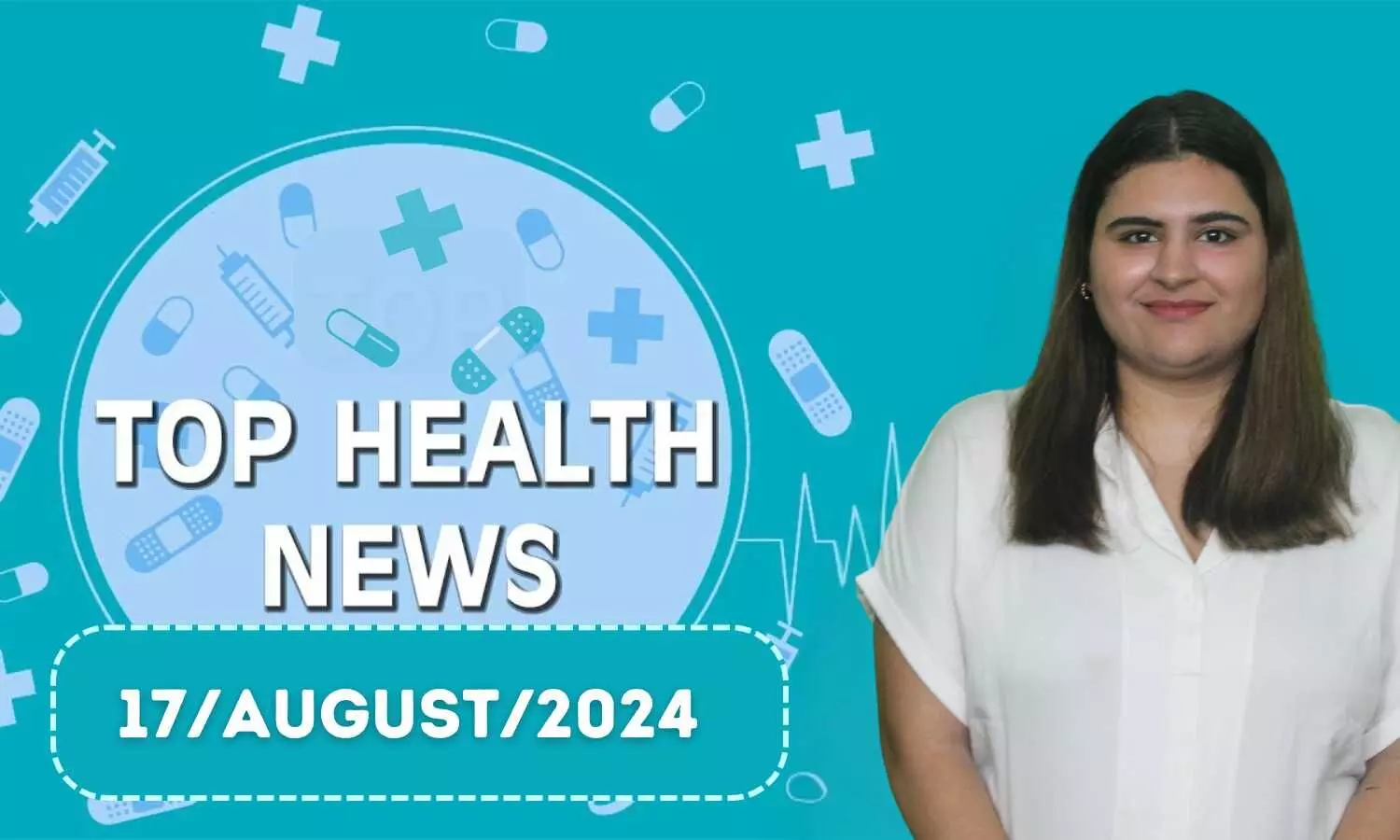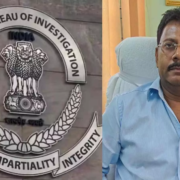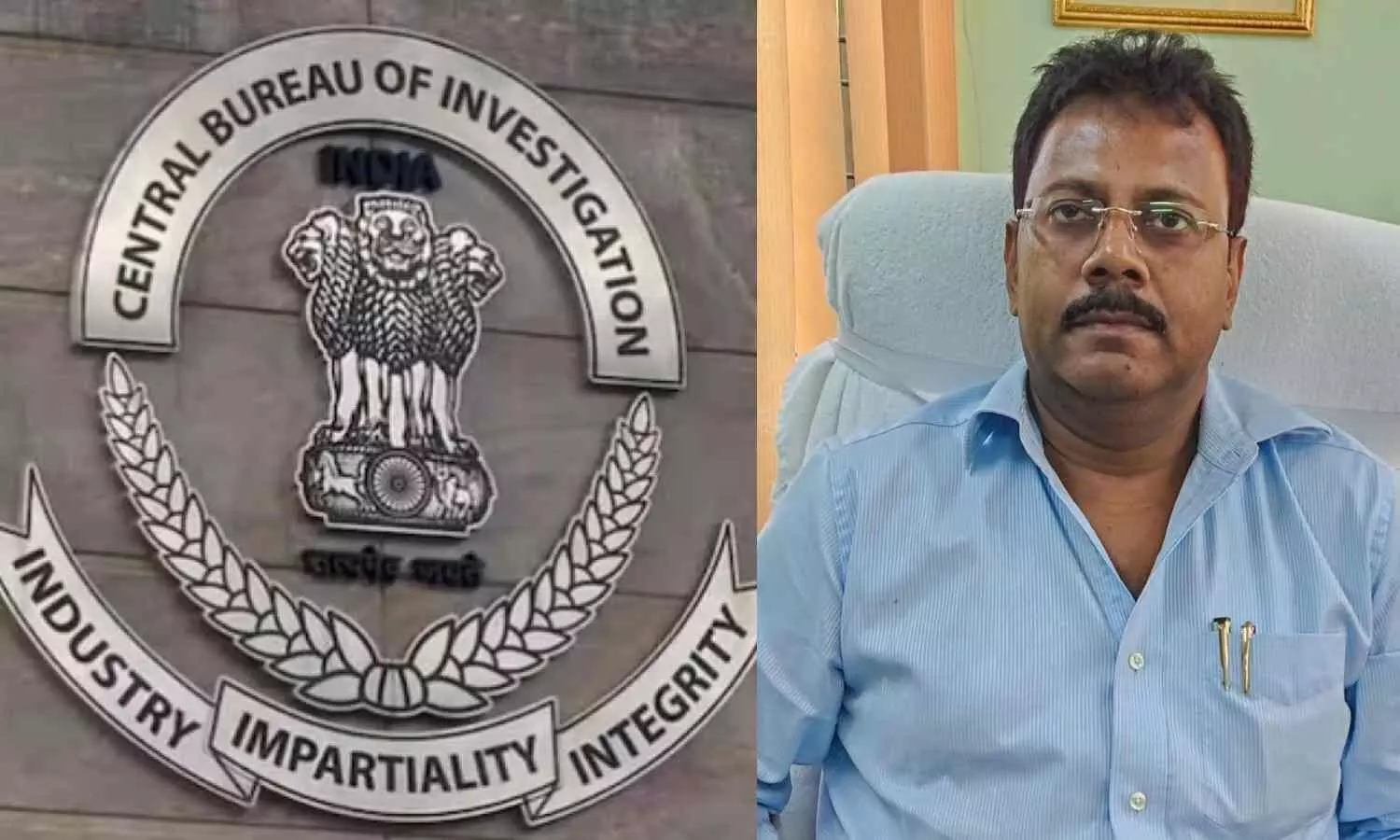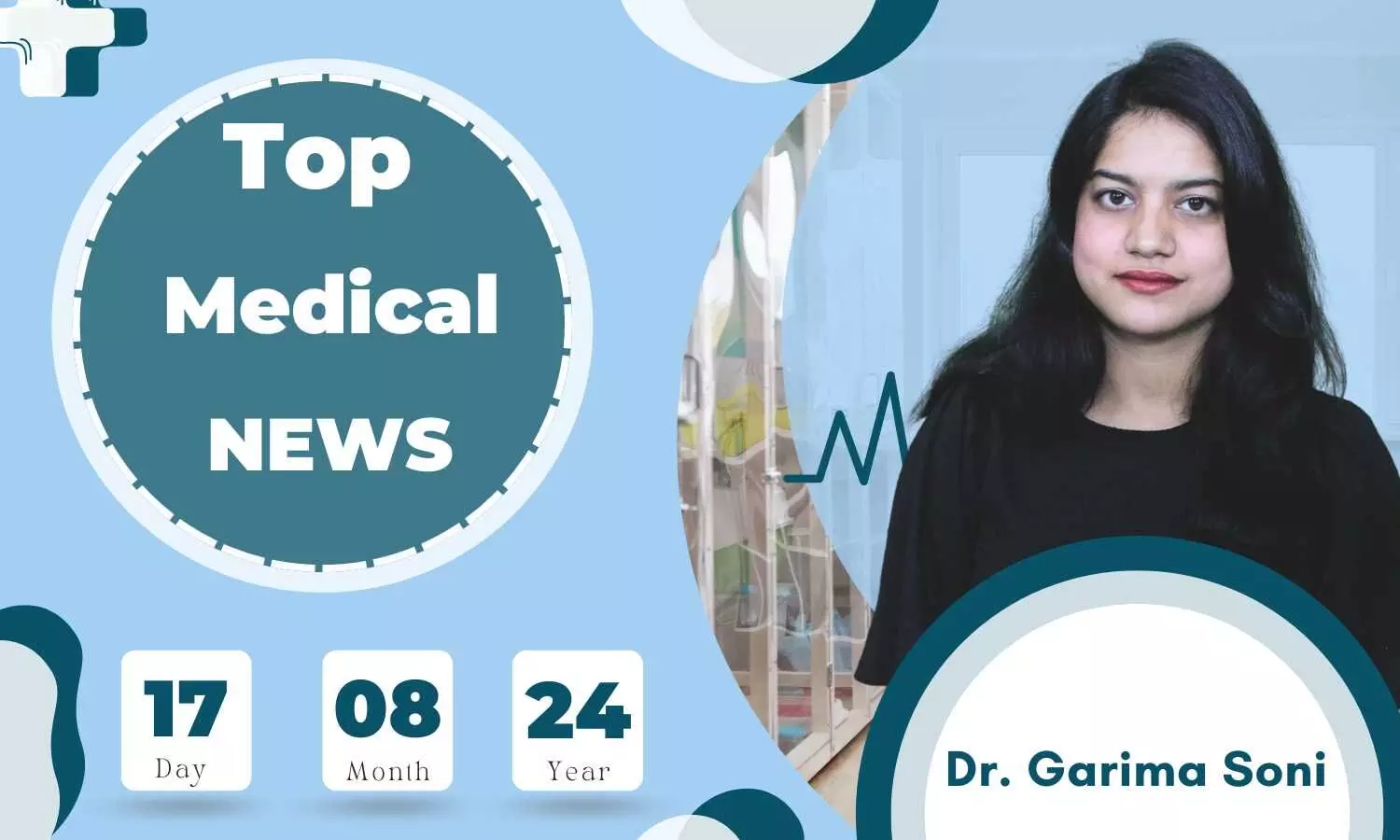New Machine Learning Method Identify Subtle Movement Deficits in Early Parkinson’s Disease
A new research published in the journal Parkinsonism and Related Disorders, suggests that use of machine learning (ML) can detect movement deficits in early-stage Parkinson’s disease from the videos. This technique measures motor symptoms in the early stages of Parkinson’s disease and could uncover signs of the condition and other movement disorders sooner, potentially leading to improved treatment outcomes.
A research team from the University of Florida and the Fixel Institute for Neurological Diseases has demonstrated that using video analysis can aid in identifying early signs of Parkinsonism in individuals. Their method involves comparing the movement of the left and right sides of a person’s body. According to the researchers, this technique leverages the characteristic asymmetry of Parkinson’s disease, which typically begins with more pronounced symptoms on one side of the body compared to the other in the initial stages. This asymmetrical onset allows the video-based approach to detect subtle differences in movement that may indicate the early presence of the disease.
The researchers employed machine learning techniques to analyze videos of individuals executing basic hand and leg movements, which are routinely assessed by neurologists. By examining these videos, the team sought to identify subtle variations between healthy individuals and those in the early stages of Parkinson’s disease. Their innovative approach successfully distinguished between the two groups with an accuracy rate of 86%. This level of precision highlights the effectiveness of their method in detecting early Parkinson’s disease by analysing nuanced differences in movement patterns.
This technology is user-friendly, easily scalable, and offers significant potential to enhance the monitoring and measurement of motor symptoms in the early stages of Parkinson’s disease.
Reference: Guarín, D. L., Wong, J. K., McFarland, N. R., Ramirez-Zamora, A., & Vaillancourt, D. E. (2024). What the trained eye cannot see: Quantitative kinematics and machine learning detect movement deficits in early-stage Parkinson’s disease from videos. Parkinsonism & Related Disorders, 107, 107104. https://doi.org/10.1016/j.parkreldis.2024.107104
Urea Cycle Defects Linked to Fatty Liver Disease?
In a recent study published in Cell Metabolism, revealed that a crucial connection between urea cycle defects—which are essential for ammonia detoxification in the body—and the onset of fatty liver disease.
Researchers discovered that defects in the urea cycle cause secondary disruptions in the tricarboxylic acid (TCA) cycle, an essential pathway for energy metabolism. This disruption leads to poor calorie use and excessive fat accumulation in the liver, which can result in inflammation and fibrosis, thereby advancing the progression of the disease.
Fatty liver is considered a major contributor to liver failure and by highlighting the essential role of the urea cycle in the disease’s development this research could lead to the creation of new treatments for this currently untreatable condition.
The two main types of fatty liver disease are metabolic dysfunction-associated steatotic liver disease (MASLD) and metabolic dysfunction-associated steatohepatitis (MASH). Both involve excessive fat accumulation in the liver, which can lead to liver failure if not addressed. These conditions are increasingly common among children and often present more severely in this population.
Researchers analyzed blood metabolites from 106,600 healthy participants in the. Her analysis found that certain metabolites linked to nitrogen and energy metabolism, as well as mitochondrial function, could predict the risk of severe liver diseases even in healthy individuals. Cao noted that these findings, supported by both human and mouse research, highlight the crucial role of the urea cycle in understanding severe liver diseases.
Reference: Zhang, Y., et al. (2024). Hierarchical tricarboxylic acid cycle regulation by hepatocyte arginase 2 links the urea cycle to oxidative metabolism. Cell Metabolism. doi.org/10.1016/j.cmet.2024.07.007.
Is Magnesium Important for Optimal Health?
In a recent study published in the European Journal of Nutrition, researchers investigated whether magnesium deficiency, either on its own or combined with elevated homocysteine levels, was linked to DNA damage in a healthy middle-aged population.
Study reveals that people with both high homocysteine levels and magnesium deficiency showed elevated levels of nucleoplasmic bridges and micronuclei in their blood compared to those with high magnesium levels and low homocysteine. These findings suggest that magnesium is crucial for shielding nucleic acids from internal genotoxic damage.
Magnesium is one of the four most prevalent minerals in the human body and is essential for DNA repair and replication. It acts as a cofactor for several enzymes that are crucial for nucleic acid repair and replication. Additionally, magnesium is important for bone development, nerve function, protein metabolism, cell growth, and the regulation of blood pressure and blood sugar levels.
For the study researchers recruited participants aged 35 to 65 who were healthy, non-smokers, and had no diagnosis of Alzheimer’s disease or mild cognitive impairment were recruited. Individuals taking medications for serious illnesses like cancer or using daily supplements of minerals, vitamins, or fish oil.
Blood samples were collected from all participants after an overnight fast over a six-month period to measure various biomarkers of DNA damage. The cytokinesis-block micronucleus assay was employed to evaluate the presence of micronuclei, nuclear buds, and nucleoplasmic bridges in the blood.
Additionally, the findings indicated that adequate intake of vitamin B12 and magnesium can support genomic integrity and reduce homocysteine levels, which may promote healthy aging.
Reference: Dhillon, V. S., Deo, P., & Fenech, M. (2024). Low magnesium in conjunction with high homocysteine increases DNA damage in healthy middle-aged Australians. European Journal of Nutrition. DOI:10.1007/s00394024034490
https://link.springer.com/article/10.1007/s00394-024-03449-0
Clostridium Difficile develops resistance to antibiotics.
In a recent study published in the PLoS Biology researchers have identified how the hospital superbug Clostridioides difficile (C. diff) can swiftly develop resistance to vancomycin, the primary.
Scientists discovered that within just two months, the bacteria could develop resistance to 32 times the original concentration of the antibiotic.
Clostridioides difficile (C. diff), a bacterium that commonly affects individuals who have been on antibiotics, is recognized by the World Health Organization as a major global public health threat and is responsible for around 2,000 deaths each year.
Currently, antibiotics used to treat C. diff also harm beneficial gut bacteria, resulting in a high rate of reinfection—up to 30 per cent of patients treated with vancomycin experience a second infection within weeks, and the risk of subsequent relapses increases over time.
Scientists have discovered two distinct mechanisms of resistance, both leading to modifications in the terminal D-Ala-D-Ala of muropeptides, the primary vancomycin target. One mechanism involves a novel D, D-carboxypeptidase, whose expression is regulated by a specific two-component signal transduction system. Our research indicates that although C. difficile has the potential to develop high-level vancomycin resistance, this resistance might be clinically limited due to associated effects on essential pathogenic traits. Additionally, these findings highlight potential mutational pathways to resistance that should be monitored in genomic surveillance.
Despite the vital role of vancomycin in healthcare, routine monitoring for resistance is not common in clinical settings, allowing resistance to potentially develop unnoticed in hospitals. If widespread resistance were to occur, it could eliminate this crucial treatment option.
The World Health Organization (WHO) has recognized antimicrobial resistance (AMR) as a leading global public health and development threat. In 2019, it is estimated that bacterial AMR was directly responsible for 1.27 million deaths worldwide and contributed to a total of 4.95 million deaths.
Reference: Buddle JE, Thompson LM, Williams AS, Wright RCT, Durham WM, Turner CE, Chaudhuri RR, Brockhurst MA, Fagan RP. Identification of pathways to high-level vancomycin resistance in Clostridioides difficile that incur high fitness costs in key pathogenicity traits. PLoS Biol. 2024 Aug 15;22(8):e3002741. doi: 10.1371/journal.pbio.3002741. PMID: 39146240
The Role of Probiotics in Prenatal Health: Benefits for Moms and Babies
A recent study conducted by The Ohio State University Wexner Medical Center and College of Medicine found that administering probiotics to pregnant mice can improve both the immune system and behaviour of the mothers and their offspring.
The study results have been published online in the journal Brain, Behavior, and Immunity. Probiotics, which are live microorganisms like bacteria, support healthy digestive and immune systems. Numerous studies have confirmed their benefits, and they are generally regarded as safe to use during pregnancy.
The authors discovered that the probiotic Bifidobacterium dentium might alter the body’s processing of specific amino acids, including tryptophan. During pregnancy, tryptophan plays a role in regulating inflammation and supporting brain development.
Researchers has investigated how prenatal stress can result in atypical brain development and behavioural alterations in offspring. Their findings indicate that stress is associated with changes in brain inflammation, amino acid metabolism, and long-term reductions in social behaviour, along with abnormal microbiomes in the offspring.
This study advances their knowledge of how gut microbes and probiotics can affect amino acid metabolism and address behavioural and immune issues related to prenatal stress. It also underscores the significant benefits of this particular probiotic, even in the absence of stress.
Further, it is concluded that Bifidobacterium dentium can influence the immune system, metabolism, and behaviour of both the mother and her baby during and after pregnancy. It might help prevent the negative effects of stress.
Reference: Galley JD, King MK, Rajasekera TA, Batabyal A, Woodke ST, Gur TL. Gestational administration of Bifidobacterium dentium results in intergenerational modulation of inflammatory, metabolic, and social behavior. Brain Behav Immun. 2024 Aug 12;122:44-57. doi: 10.1016/j.bbi.2024.08.006. Epub ahead of print. PMID: 39128569.








